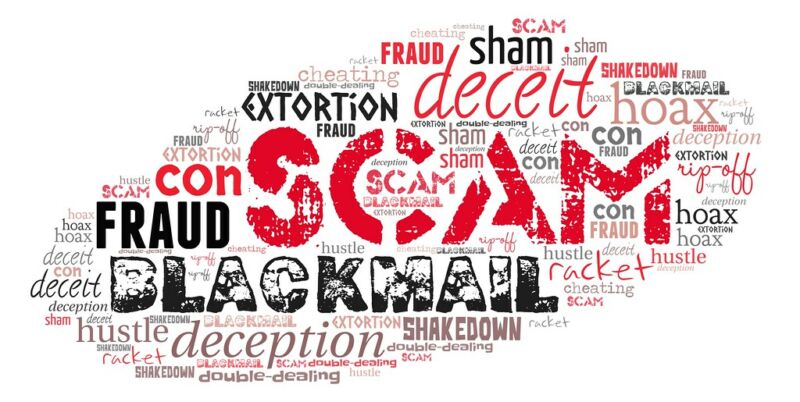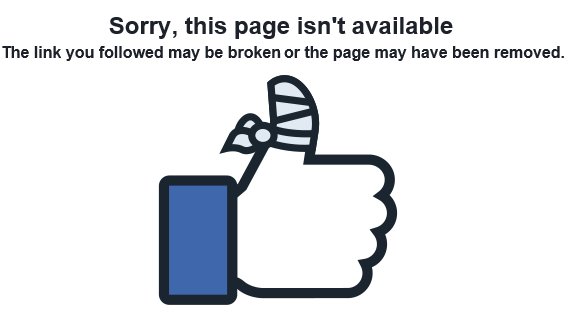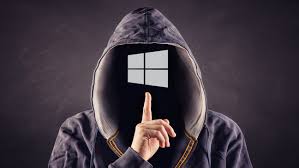The scams have begun around COVID-19 and it appears to be just starting. When people are hit with diversity, sadly we begin to see the good, the bad, and the ugly. In fact, Americans have lost over 12 million dollars to Coronavirus scams already. The concentration in South Miami has been because of numerous complaints. This alerted the US Attorney’s Office to launch a task force in connection with local authorities to combat this growing problem.
Education is the best defense and law enforcement is doing just that with a series of community alerts, media reports and social media posts. Alerting the public to the risks early in an attempt to counteract the schemes.
In one of our latest blog posts, Crime Never Sleeps COVID-19 Online Schemes & Insurance Fraud, we alerted our Private Investigators to what we were seeing as emerging trends in the insurance industry. Below, is a set of scams targeting individuals.
Here are some examples of COVID-19 scams, reported by Sabrina Lolo, of West Palm Beach News:
- Unlawful Hoarding and Price-Gouging: The Department of Health and Human Services (HHS) has designated certain health and medical resources necessary to respond to the COVID-19 pandemic as “scarce,” including respirator masks, ventilators, and other medical protective equipment. These designated materials are subject to the hoarding prevention measures that trigger both criminal and civil remedies.
- Testing Scams: Scammers are selling fake at-home test kits or going door-to-door performing fake tests for money.
- Treatment Scams: Scammers are offering to sell fake cures, vaccines, and advice on unproven treatments for COVID-19.
- Supply Scams: Scammers are creating fake shops, websites, social media accounts, and email addresses claiming to sell medical supplies currently in high demand, such as surgical masks. When consumers attempt to purchase supplies through these channels, fraudsters pocket the money and never provide the promised supplies.
- Provider Scams: Scammers are also contacting people by phone and email, pretending to be doctors and hospitals that have treated a friend or relative for COVID-19, and demanding payment for that treatment.
- Charity Scams: Scammers are soliciting donations for individuals, groups, and areas affected by COVID-19.
- Phishing Scams and Cyber Intrusions: Scammers posing as national and global health authorities, including the World Health Organization (WHO) and the Centers for Disease Control and Prevention (CDC), are sending phishing emails designed to trick recipients into clicking on a link or opening an attachment that downloads malware that steals the user’s credentials, such as usernames, credit card numbers, passwords, and other sensitive information usually stored in internet browsers.
- App Scams: Scammers are also creating and manipulating mobile apps designed to track the spread of COVID-19 to insert malware that will compromise users’ devices and personal information.
- Investment Scams: Scammers are offering online promotions on various platforms, including social media, claiming that the products or services of publicly traded companies can prevent, detect, or cure COVID-19, and that the stock of these companies will dramatically increase in value as a result.
- Stimulus Check Scams: Scammers are contacting people over email and are telling them that their check, as part of the stimulus package responding to COVID-19, is already waiting for them and that all they need to do is to provide personal information, such as bank account numbers and Social Security Numbers, which are the key pieces of information needed to perpetrate identity theft.
- Other scams include fraudsters claiming to work for the government or banks/credit cards and offering assistance for student loan relief, foreclosure or eviction relief, unemployment assistance, debt relief, and direct financial assistance, like government checks.
Anyone who believes they were a target or victim of fraud, or knows about any hoarding or price-gouging of critical medical supplies, is asked to report it to the National Center for Disaster Fraud Hotline at 1-866-720-5721 or disaster@leo.gov.





